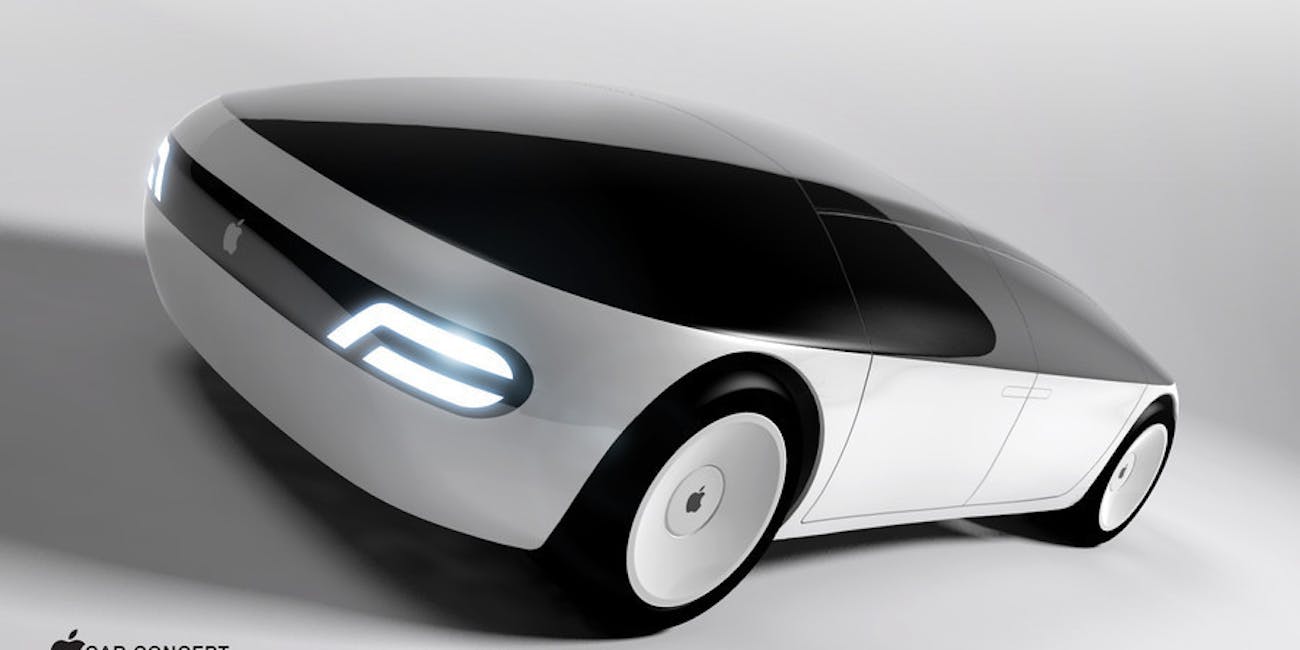It should be obvious that a car is not a smartphone. Apple Inc. is acting as if they’re the same.
It’s no secret that Apple is working on self-driving vehicle technology. Apple is among dozens of companies that have California permits to test autonomous cars on public roads. Chief Executive Officer Tim Cook, in his way, acknowledged the driverless transportation project in a 2017 Bloomberg Television interview. News outlets regularly report on the ups and downs of this initiative. The company this week confirmed earlier reports that it had acquired autonomous vehicle startup Drive.ai.
And yet Apple remains far more closed than its peers. Alphabet Inc.’s Waymo, Uber Technologies Inc., Tesla Inc., General Motors Co.’s Cruise and other companies working on this technology talk fairly openly about their broad ambitions for autonomous transportation, milestones in progress and issues for the industry. Apple does none of this. As far as I can tell, Cook’s discussions about Apple’s autonomous transportation project has never gone beyond the vague generalities in that Bloomberg TV interview.
It’s always Apple’s tendency to keep mum about a product in development until it’s perfect and ready for a world debut. But driverless cars are not smartphones or augmented reality glasses. Emerging technologies, particularly those that have the potential to save human life and also to take lives, need an open debate and deserve a relatively transparent process — warts and all.
Driverless cars have the potential to transform the nature of cities, upend a country’s workforce, impact the environment and necessitate revisions to laws and ethics. The public is not well served by Apple’s inclination against engaging on a subject of such importance. Apple may not be well served by its approach, either.
The driverless car industry as a whole has not been an open book. Advocates, and some regulators, have pushed companies to disclose far more than they do about safety metrics and to collaborate with rivals to ensure better and safer progress on autonomous technology. But Apple is taking the industry’s discretion to the absurd.
Soon after that Bloomberg interview, Cook reiterated to stock analysts that Apple is interested in autonomous technology and has “a large project going and are making a big investment in this.” And that’s about it. “I don’t want to go any further with that,” Cook said. He’s been similarly vague since then.
By comparison, Waymo executives regularly talk about the implications of driverless car technology and its potential drawbacks. In Alphabet’s most recent earnings call, executives talked about opening a Michigan facility with dedicated autonomous vehicle production, explained Waymo’s focus on Uber-like ride services and mentioned making its in-house vehicle sensors available to outside companies. Last week, an Alphabet executive answered a shareholder’s question about how autonomous vehicles might affect tax revenue.
Alphabet has progressed further with its driverless car project than Apple has, but that shouldn’t limit engagement given the way the technology is advancing. It’s growing more clear that the biggest benefit from driverless cars may not be in individually owned cars but from improving shared transportation. No single company can accomplish this in a vacuum. It requires engagement with transportation planners and researchers, input from legal experts, settling on safety benchmarks and working with suppliers. Apple may be doing some of this secretly, but that misses the point. Autonomous technology progress demands a broad coalition and open engagement with the world.
For Apple investors, driverless technology is a “free optionality” for long-term stock owners, CFRA Research said this week. The costs are already being absorbed. Apple’s operating margin is at its lowest level in a decade as a share of revenue. Largely that’s because spending on research and development — which presumably includes Apple’s driverless car project — amounted to 6% of Apple’s revenue in the last 12 months. It was 3% just five years ago.

No comments:
Post a Comment